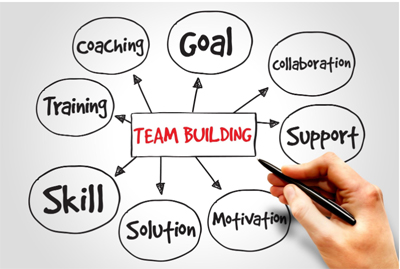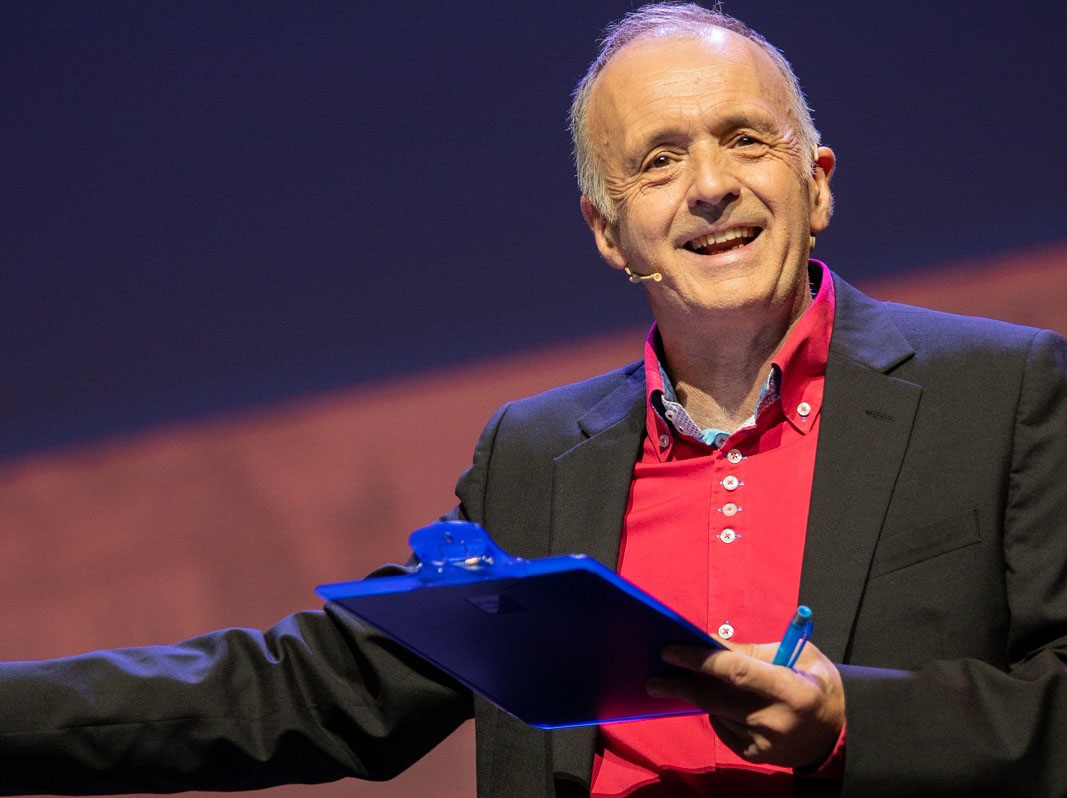
All too often, planners and participants of offsite company retreats see these activities as just another team meeting, but with the added bonus of a decent dinner or a top round of golf.
However, it’s actually an excellent opportunity to build corporate culture by making the team step away from their daily pressures and look at the wider organisation – away from the familiar office environment.
Still, many of these retreats fall flat and have no lasting effect. Why? Because company retreats require much greater planning than a typical two-hour boardroom meeting to ensure there is a meaningful outcome, but there is little guidance for leaders planning them.
The structure of a retreat is equally as important as the logistics, such as the venue, agenda and travel, to ensure employees engage with the day and more importantly, with each other.
Why is engagement important?
The programme and agenda is your way of both drawing in your employees’ attention and keeping them involved throughout the retreat. Having a set plan and goals for the day is really important. Think about what you want to achieve, behaviours you want to develop or the dynamics you are looking to change and make sure these are set out well in advance.
Experience has shown us that while many opt to have a free flowing day with broad topics to discuss, this often doesn’t lead to productive conversations. An enhanced agenda is much more effective and objectives with outcomes from each activity will help the participants to visualise how their discussions will help them move the organisation towards its ultimate goals.
When looking to increase employee engagement at an away day, the support and participation from top executives can make or break it. As senior team members are highly influential in the company, it can motivate others to participate, and give the offsite trip a stronger sense of importance. If employees are actively engaged, the takeaways are more likely to stay with them going back into the workplace.
This isn’t something to take lightly, as a recent study found that engaged employees can boost company performance by 147 per cent, compared to a similar organisation of disengaged employees.
It’s all about the programme
Hiring guest instructors or motivational speakers is a great way to spark discussions and set the retreat apart from regular meetings. However, you should make sure they are a good fit for your team and not just ‘brand name’ presenters. Discussing the broad goal or objective of your retreat with the speaker also lets them tailor the talk accordingly, so they can exceed your expectations.
Having more exciting (or unconventional) inclusions is an important driver for success in a team offsite. Fun team building acitvities shouldn’t be neglected, especially when participants are likely to be sat in long meetings. Energisers, interactive ‘breakout’ sessions, or other novel additions to the programme can help to break up the day – these can range from musical ice breakers, competitions or full tournaments.
In larger organisations, these are useful to encourage interaction between team members who don’t normally communicate.
Bringing in an external facilitator, such as Team Building Asia, to run the day can be really valuable for a team retreat. They are free to assess and explore the process fully without any predetermined ideas about the team dynamics. Ideally, if they are part of the planning process, they can familiarise themselves with the business and its goals to make sure the day is impactful.
To make sure the hard work in the offsite doesn’t fade away, it’s important to create a clear plan of next steps and opportunities for feedback after the day. Consolidate any notes and actions into one document to circulate to all participants. Be sure to also evaluate the retreat, looking at the success and failures, along with any improvements for next time.
Key takeaways
Putting time and effort into planning an interesting retreat and involving all employees can really make a huge difference on the outcome of the day. A successful team retreat can have a much wider impact on the organisation, creating new ways to communicate and changing the team dynamics.
Stuart Harris is co-founder and managing director of Team Building Asia


